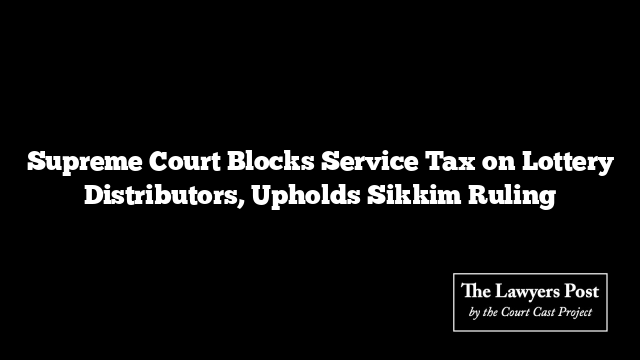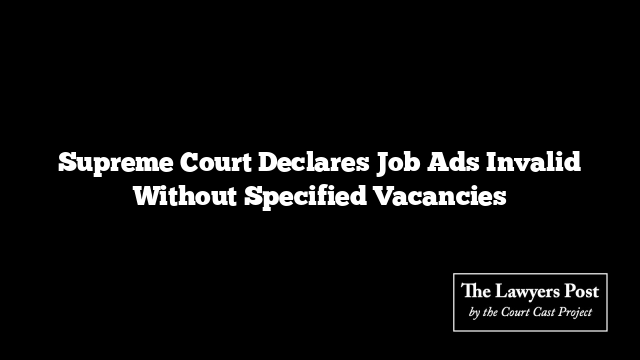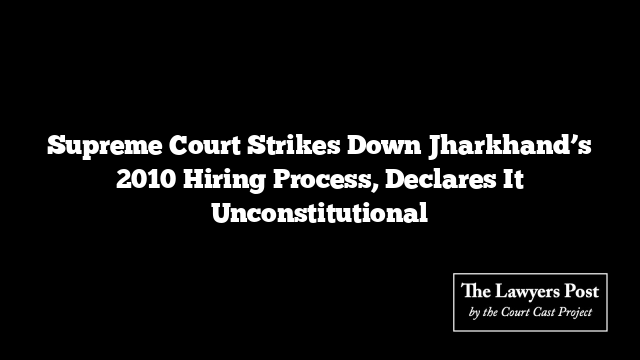In a significant ruling, the Supreme Court has rejected the Union Government’s appeal, affirming that lottery distributors are not liable to pay service tax. The judgment upholds a previous decision by the Sikkim High Court, which declared a provision of the Finance Act, 2010, unconstitutional.
The dispute revolved around clause (zzzzn) of Section 65(105) of the Finance Act, 1994, which sought to classify activities related to the promotion, marketing, and organization of lotteries as taxable services. However, the High Court had ruled that these activities fall under “betting and gambling” as defined in Entry 62 of the State List, meaning only state governments have the authority to levy taxes on them.
Lottery distributors challenged the provision, arguing that their operations did not constitute a taxable service and that Parliament lacked the power to impose service tax on gambling-related activities, which are within the exclusive jurisdiction of state legislatures. The Sikkim High Court had struck down the provision, ruling that the relationship between lottery distributors and the state government was not one of agency but rather a principal-to-principal arrangement.
The Supreme Court, in a decision delivered by Justices B.V. Nagarathna and N.K. Singh, upheld this interpretation. The bench ruled that since lottery distributors were not acting as agents of the state, they were not providing a service that could be taxed under the Finance Act.
“There being no agency, no service is rendered by the respondent-assessees herein as an agent to the Government of Sikkim, service tax is not leviable on the transactions between the purchaser of the lottery tickets and the Government of Sikkim,” Justice Nagarathna stated while reading the verdict.
Despite this ruling, lottery distributors will remain subject to gambling taxes imposed by state governments. The decision aligns with a 2024 Supreme Court ruling in K Arumugham v Union of India, which held that the sale of lottery tickets by state governments is a revenue-generating activity rather than a service that falls under taxable categories.
With this verdict, the Supreme Court has reinforced the principle that taxation powers over lotteries and gambling rest solely with state governments, preventing the imposition of additional service tax burdens on lottery distributors.





